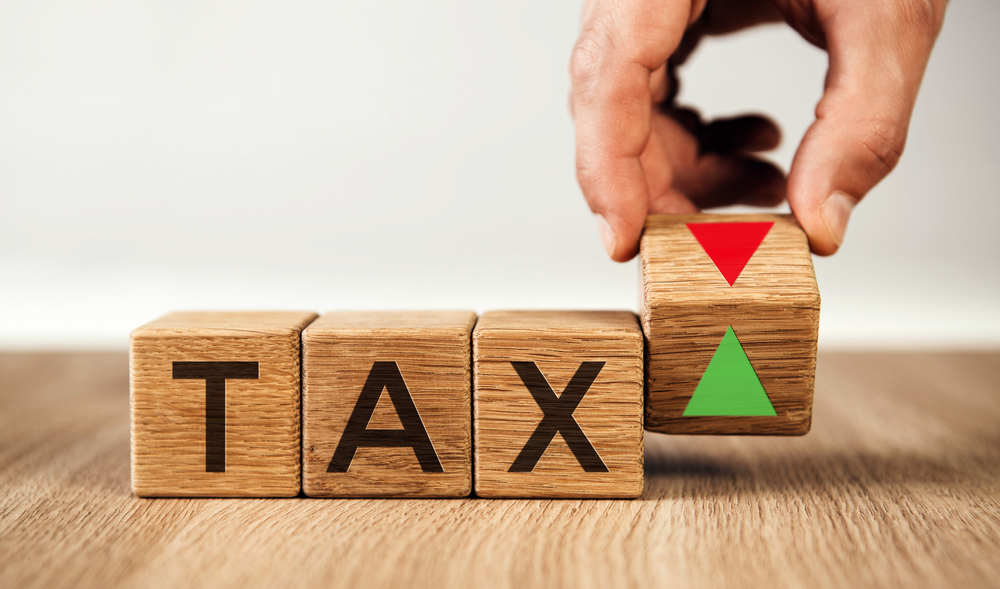It is often talked about that real estate investments are tax effective. But the question often remains – How is real estate a tax effective investment? And understanding the tax effectiveness of real estate is critical to the overall act of planning your families property portfolio.
Understanding what is real estate
While it can sound like a ridiculous question – getting a handle on real estate as an investment compared to something else is important. If you are buying shares in a company that owns real estate – while you might enjoy the investment returns of real estate the tax system will focus on the underlying tax profile of the investment made – shares in a company. So getting tax advice from a top Perth tax accountant is important as the actual investment can sometimes be murky.
Further, the Australian Taxation Office does not differentiate between the tax profile of real estate investments in Perth as compared to say, the tax profile of real estate investments in Melbourne.
Building Depreciation
The tax deductions on building depreciation are one of the few “non cash” tax deductions in Australia. Effectively the building depreciation tax deductions (or capital allowance deductions under Division 43) allows you to enjoy a tax deduction on owning an asset without outlaying cash.
So potentially you can have real estate that is cash flow positive but also generates a tax loss because of the impact of building depreciation.
| With building allowance | Without building allowance | |
| Rental income | 50,000 | 50,000 |
| Property costs | -35,000 | -35,000 |
| Interest | -16,000 | -12,000 |
| Cashflow pre tax | -1,000 | -1,000 |
| Building allowance | -15,000 | – |
| Tax impact @ 47% | 7,520 | 470 |
| Cashflow (loss) post tax | 6,520 | -530 |
How do I claim building depreciation?
To enjoy a tax deduction for capital works deductions you have some options at your disposal. You can either:
- Produce the tax invoices for the construction cost; or
- Engage a quantity surveyor to provide you with your entitlement to claim building depreciation; or
- An estimate by a builder, supervising architect or clerk of works (though this is rare).
Importantly your own estimate of the construction cost is not enough. And simply “lowering” what you think you would be entitled to, without one of the three options above, means that all of your tax deductions will be disallowed.
It is common for a family interested in property investing to obtain a quantity surveyors certificate. However this is not critical to the tax deduction (TR 97/25)
How much is my tax deduction for building depreciation?
Your ability to claim tax deductions for your building depreciation claim varies depending on when the property was purchased. The rate ranges from 2.5% to 4% with most investors enjoying the 2.5% rate for building capital allowance.
So if you purchase a property in Perth for $1m and the cost of building the home was $450k, you will enjoy $11,250 in tax deductions.
What happens when I sell my property
If you sell the home the amount of the tax deduction claimed in your tax return becomes reversed. That is, if you have properly claimed, through your Perth tax accountant, $75,000 in building allowance tax deductions while you owned the property you will generate a taxable capital gain of an extra $75,000.
Importantly, the capital gain might be eligible for half of the gain to be free of tax (called a Division 115 discount). So you can enjoy tax deductions on 100% of your capital works but only pay tax on 50% of the reversal – creating a permanent and a timing benefit.
Can real estate be tax effective beyond capital works
If you use real estate in a small to middle sized business that you own and operate you might be able to enjoy the small business capital gains tax exemptions.
How else can I make my property portfolio tax effective?
Depending on your goals you can also structure property to reduce Western Australian land tax costs, increase the maximum you contribute to your super fund, or even purchase property through a unit trust.
What is critical is that the returns offered by real estate, like every other asset class, should be looked at as an after tax return. The tax impact of buying, owning and selling real estate is a key driver of investment returns and dealing with a Perth tax consultant is critical to getting great long term returns from your overall portfolio.
With Westcourt we have one sole focus – helping families in business become great. And coupled with our proven deep technical knowledge of taxation, our deep international network with GGI Global and our real life experience in creating and building a business we are a natural choice for a property orientated family in business looking to properly plan and manage the tax affairs of their property portfolio – so why not give us a call?






